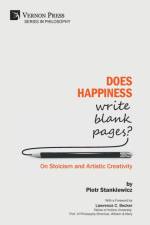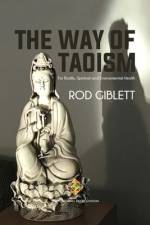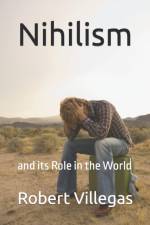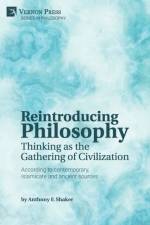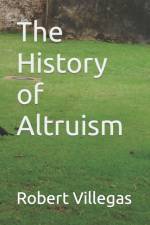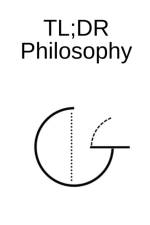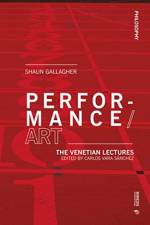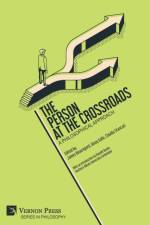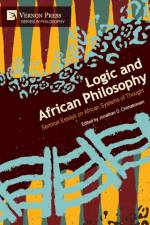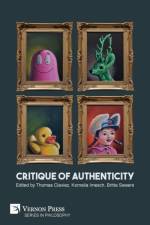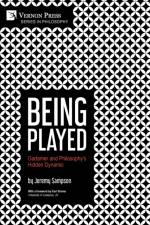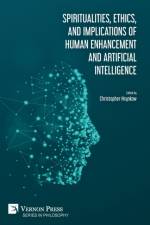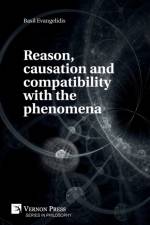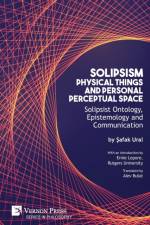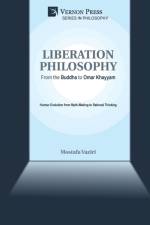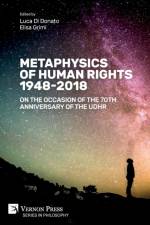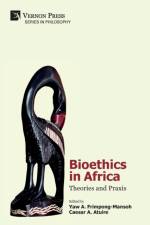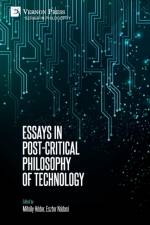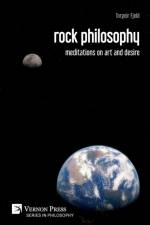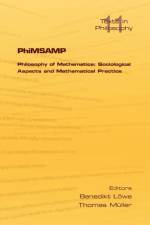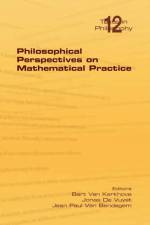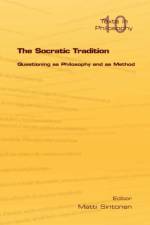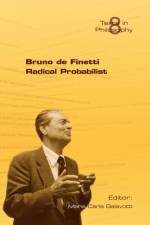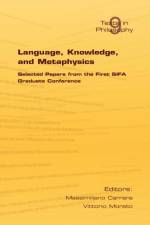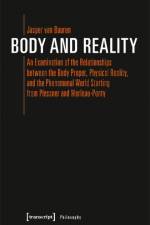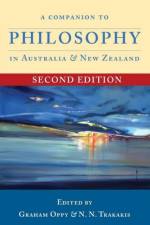- Questioning as Philosophy and as Method
331
Man by nature desires to know, and the most natural way ofsatisfying this desire is to find answers to the questions thatarise from wonder and perplexity. Questioning is our default viewof method. I was turned into a cornerstone of western thoughtin the Socratic elenchus and Aristotle¿s doctrine of explanationand inquiry. Aristotle¿s dialogical games, especially as they findexpression in Topics, survived medieval dialectical games and hada profound impact on practices in academic life. And even whenAristotelianism came under fire during the renaissance and theScientific Revolution, questioning as method was not jettisonedbut rather transformed into a new form in which the questionswere to be addressed to Nature herself.Questioning is not just a method but also a philosophy in itsown right. Man not only desires to know, but wonder andperplexity are at the very heart of man¿s essence. As Karl-Otto Apel persuasively argues, Gadamer¿s Truth and Methodwas not just, or perhaps even mainly, a methodologicalinsight into how knowledge was to be obtained. Rather, inphilosophical hermeneutics questioning has a more profoundstanding, marking, as Apel puts it, "logos-reflection" andhence dialogue in the full sense.This collection of essays by leading philosophers probesquestioning as philosophy and as method both from ahistorical and a systematic perspective. The authors includeJ. Hintikka, P. Aubenque, R. Smith, M.-L. Kakkuri-Knuuttila,E. Moutsopoulos, T. Calvo Martínez, M. Yrjönsuuri, J.-F.Courtine, K.-O. Appel, V. A. Lektorsky, G. Schurz, M.Sintonen, and W. Rabinowicz & L. Bovens

